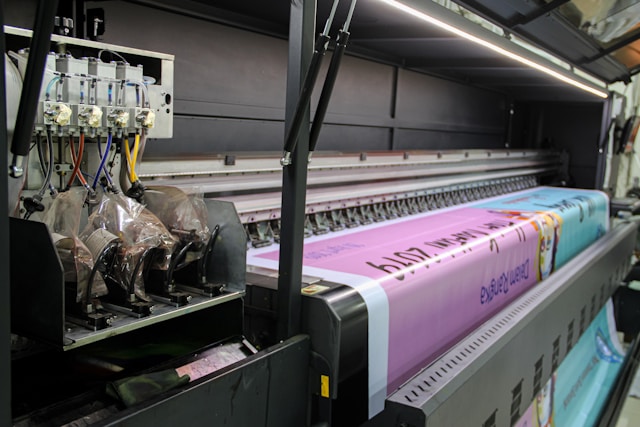The problematic issue of human trafficking has increasingly entered the public consciousness in recent years. Despite international efforts and legal measures, however, this modern form of slavery remains a global challenge. The media landscape plays a crucial role in the fight against human trafficking. Today, we highlight the ways in which, through their reporting, the media can increase public consciousness of human trafficking, give victims a voice, and actively contribute to fighting this crime by doing so.
THE ROLE OF THE MEDIA

Human trafficking is one of the most serious violations of human rights of our time.
According to estimates, millions of people become victims around the world every year, and are exploited and robbed of their liberty as a result. Victims of human trafficking are often women and children, who find themselves in positions of forced labour, sexual exploitation and other forms of modern slavery. Despite international efforts and tougher laws, this silent epidemic remains largely concealed and often unseen. But what can we as a society do to fight this crime? The media offer a crucial answer here, playing a key role in shedding light on the darkness of human trafficking.

By using carefully-researched reports, the powerful stories of those affected and investigative documentaries, the media can highlight the global scale of human trafficking, and its terrible consequences. They not only create awareness, but also make political and social changes happen–more details below. Investigative journalism plays a key role in this process. By revealing secret operations and uncovering the complex criminal networks responsible for human trafficking, journalists can create awareness amongst the wider public of the seriousness of the situation and exert pressure on authorities to take action against those involved.
THE VOICES OF VICTIMS
Powerful stories of survivors are particularly effective, as they give the abstract numbers and facts a human face. When survivors share their experiences, they give human trafficking a personal dimension and enable the public to relate to its profound psychological and physical consequences. These stories can also encourage other victims to get in touch and seek help.
Examples from the past impressively show just how powerful the reporting of human trafficking can be. Investigative journalists uncovered the criminal groups operating international human trafficking networks, and by doing so, triggered both national and international reactions.
REPORTING THAT HAS AN EFFECT
The media are crucial in sensitising the public at large. Through their reporting, films and social media campaigns , they can increase people’s awareness and encourage them to remain attentive and report suspicious cases. Through investigative campaigns, media can disseminate information about how to recognise and report human trafficking. They can also inform endangered groups and make resources available to such groups, enabling them to protect themselves. Social media platforms are playing an ever-greater role in this, as they make it possible to reach wide audiences quickly and effectively. This is particularly important, as human trafficking often happens in the shadows, and many victims do not have the courage to defend themselves, due to fear or a lack of knowledge.

The media can also initiate political change. As a result of broad reporting of human trafficking, political decision-makers are often put under pressure to put concrete measures in place. This can lead to reforms tightening up the legal framework for fighting human trafficking, and the introduction of new preventative programmes. Media reports can also contribute to mobilising public funds for aid organisations and programmes for supporting victims – including ourselves at HOPE FOR THE FUTURE.
Translated by Tim Lywood
#Medien #Berichterstattung #GeschichtenvonOpfern #InvestigativerJournalismus #AgainstHumanTrafficking #GegenMenschenhandel #EndExploitation #EndTrafficking #HopeForTheFuture #Österreich
